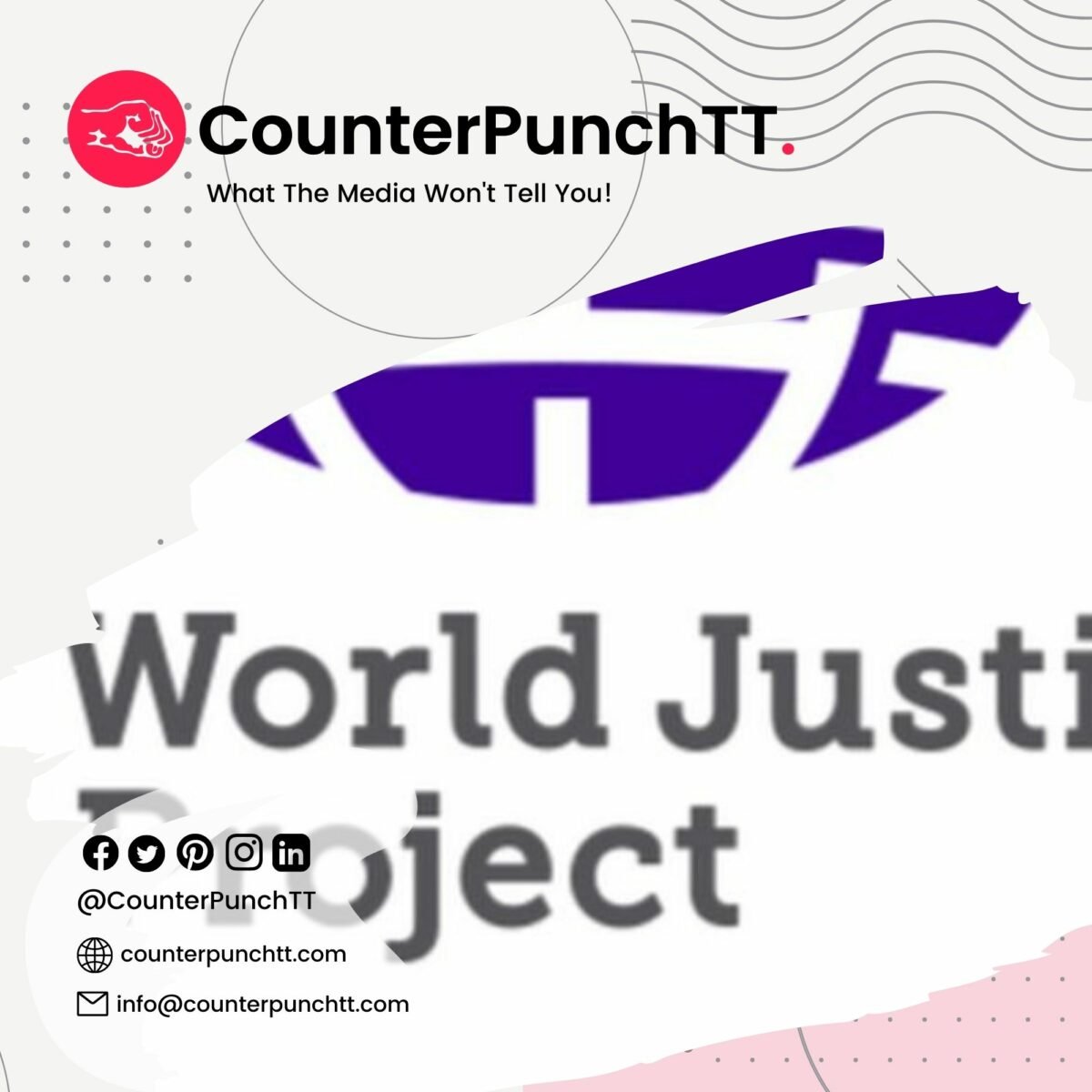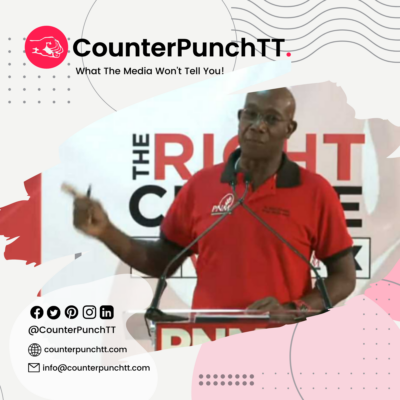FOUR out of five people in Trinidad and Tobago say that top government officials attack or attempt to discredit the media and civic bodies that criticise them.
And 77 per cent believe that government officials do the same to opposition parties.
Three-quarter state that the government resorts to misinformation in order to shape public opinion in their favour.
And 72 per cent say that there are attacks or attempts to discredit the electoral system and other supervisory organs.
Also, 68 per cent are of the view that government officials seek to influence the promotion and removal of judges.
And 64 per cent believe there are efforts to limit the competencies of the court and freedom to interpret the law.
These and other stunning findings have been uncovered in a study on the rule of law in T&T, conducted by an organisation name World Justice Project.
The report found “high perceptions of authoritarian behaviour, worsening perceptions of corruption, and declining levels of trust in institutions.”
The survey was aimed at determining the state of the rule of law in the country.
As with certain other Caribbean countries, the study found that, compared to the previous year, “fewer respondents believe that their freedoms of expression, political participation, and religion are guaranteed.”
The World Justice Project reported that between 2018 and 2022, there was a 12 per cent decline in the perception that “civil society organisations can express opinions against the government.”
Over that period, nine per cent more people hold the view of “pervasiveness of corruption” in public institutions.
“Trust in national government officers declined the most between 2018 and 2022,” the study uncovered.
Only 35 per cent of respondents reported having any measure of trust in public officials.
Generally, the report told of attacks on the judiciary, the media, and on opposition parties and the electoral system.
There was a decline in the number of people who felt there is freedom to express opinions against the government without fear of retaliation.
Fewer people feel the media could expose cases of corruption.
The survey organisation reminded that effective rule of law “reduces corruption, combats poverty and disease, and protects people from injustices large and small.”
The group’s Executive Director Anderson Betsy said that “broad perceptions of authoritarian behaviour, along with low levels of trust, don’t bode well for the rule of law and democracy in the region.”




